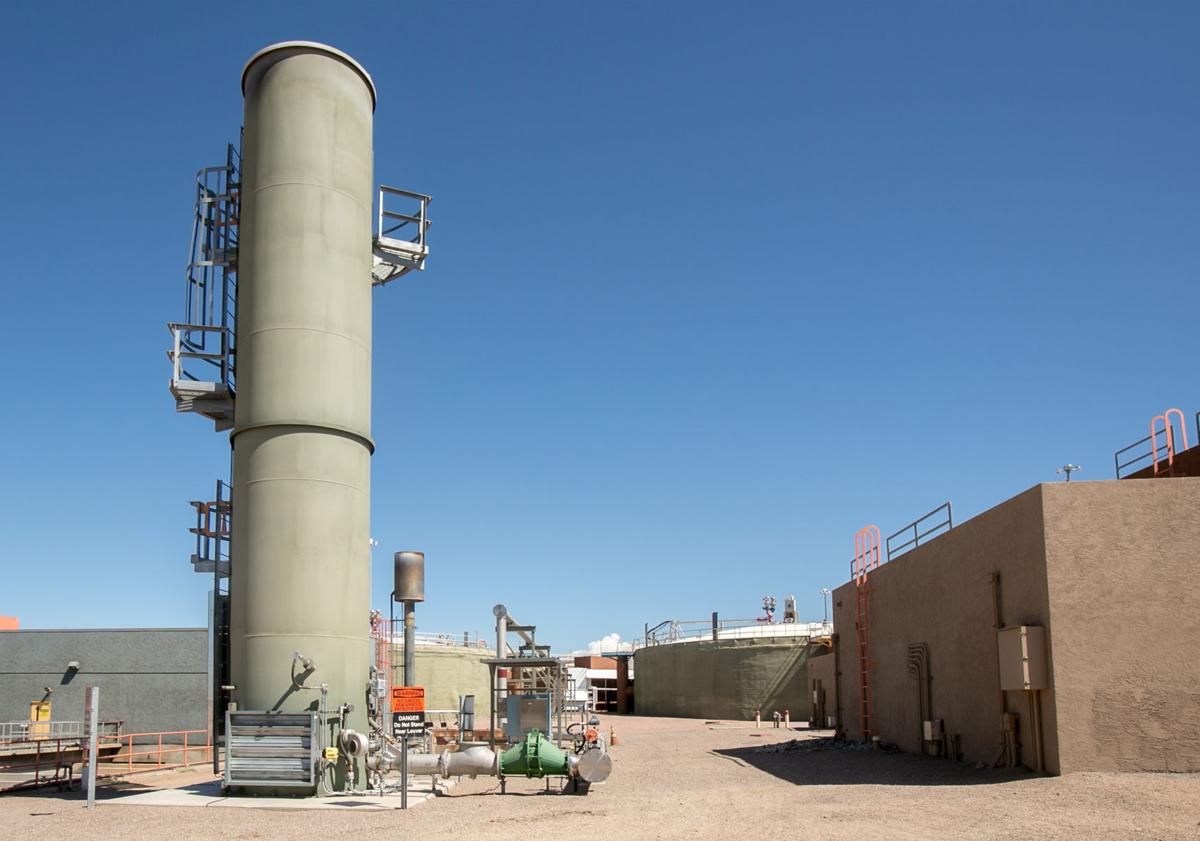More than 15,000 commercial wastewater customers with the county could soon see their rates rise 16 percent.
The proposed hike stems from preliminary findings of an ongoing rate structure study commissioned by the Pima County Regional Wastewater Reclamation Department.
Samples obtained in recent years show that, on the whole, commercial class customers produce 16 percent higher-strength wastewater — meaning it requires more effort to clean — than they are currently paying for, according to a study conducted for the wastewater department.
Under the current rate system, the commercial class is being charged the same rate as residential customers.
If the rate increase is approved, it will bring in an additional $6.3 million in the first year, according to Keith Dommer, the county director of finance and risk management.
The Board of Supervisors approved a 3 percent user-fee rate hike for all customers in April, raising the rate for residential and commercial customers to $3.63 for every 100 cubic feet of water. An additional two increases in the near future were recommended by county officials to stave off potentially serious financial consequences for the department. But if the commercial increase is approved, “We won’t need another rate increase until 2020,” Dommer said.
The commercial increase could be split into smaller 8 percent hikes over the next couple years.
Many commercial customers are billed based on a single master water meter at complexes with multiple businesses. Because different types of business produce wastewater of varying strength, it is impossible to bill each business for the true cost of service when they are measured by the same meter, county officials say.
“As a result, an inequity exists in which many high-strength businesses pay the same strength cost as residential users,” County Administrator Chuck Huckelberry wrote in an April 10 memo.
Robert Medler, vice president of government affairs for the Tucson Metro Chamber, said his organization is still studying the proposal, as well as the data behind it, and declined comment.
There are also a number of so-called high-strength classes in the current rate structure, for businesses like laundromats, car washes, mortuaries and pharmaceutical companies.
While there are far fewer customers in those categories, the study showed that the strength of their wastewater is often being significantly over- and underestimated.
The wastewater department is working to consolidate the high-strength categories into fewer classes to remedy those billing inequities, according to spokeswoman Jennifer Coyle.





